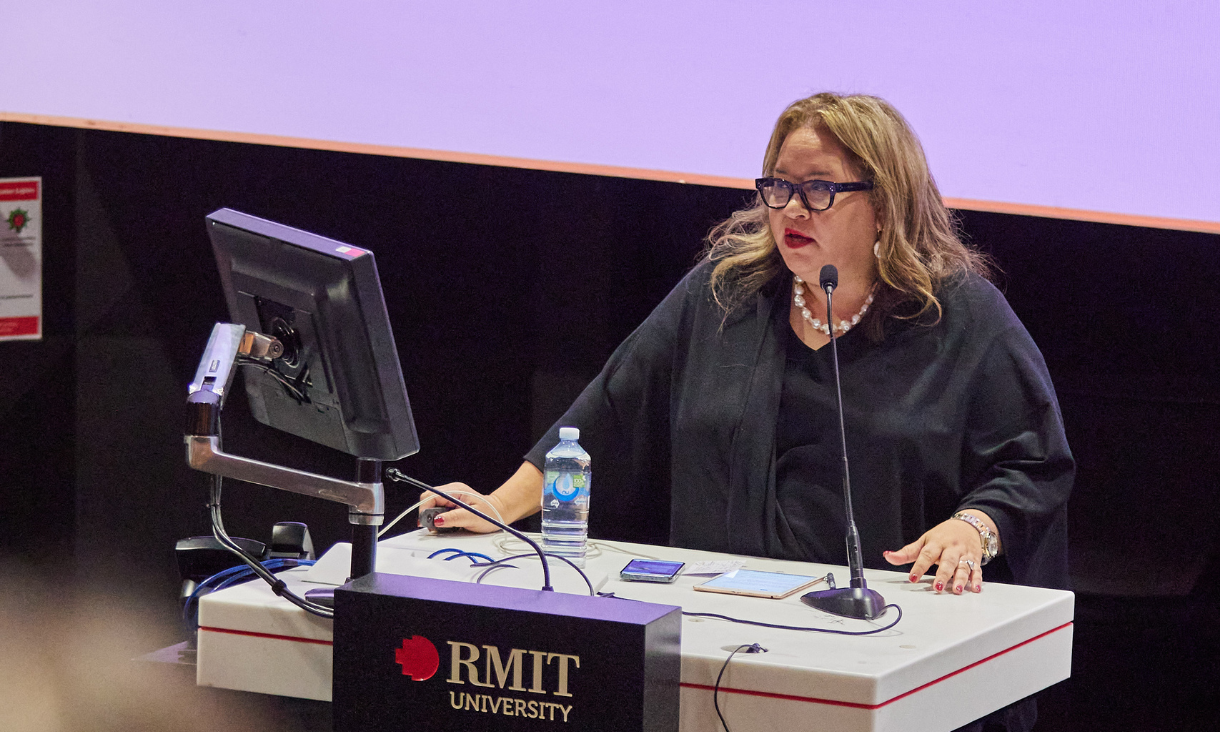The 2020 pandemic and bushfire crises exposed longstanding weakness in our labour market and the child-care, aged care and disability care systems.
They are two sides of the same coin.
To"‘build back better", work, care and family policies must support decent work and high quality care.
An evaluation of the impact of the crisis by the Work and Family Policy Roundtable finds that in addition to disproportionately harming female workers, precarious employment, low wages and the absence of rights such as paid sick and carers’ leave, harm the quality of care.
Many formal care services for the aged, children, and people with disability, already strained, collapsed under the pressure of the pandemic.
This has been documented by the Royal Commission into aged care quality and safety, and the Royal Commission into violence, abuse, neglect and exploitation of people with disability.
Closed schools and working from home added to the care crisis as massive amounts of care were channelled into domestic homes, exacerbating inequalities in the distribution of paid and unpaid work and raising concerns about shadow pandemics of domestic violence, mental illness and substance abuse.
The Roundtable was established in 2005 as a research network of what are now 33 academics from 17 institutions with expertise in work, care and family policy.
We propose a four-part program to fix our broken work and care systems.
1. Protection for workers
A robust floor of universal worker rights across all sectors that provides:
a right to paid leave for all workers
paid time for training
an effective right to equal remuneration
a cap on long working hours that is enforced
Over and above this floor, workers need genuine industry bargaining to address industry-specific issues relating to notice of shifts, minimum engagements and sufficient guaranteed hours.
2. Infrastructure for care
The infrastructure for a more inclusive, accessible, resilient, and caring society should include
universal free high-quality early childhood education and care with robust and transparent quality standards that are publicly audited and enforced
high quality, adequately and securely resourced aged care and disability services
business models and governance arrangements for all care service providers that are transparent and fit for purpose
providers that are fully accountable for the expenditure of public money and the provision of high-quality accessible services
accessible and responsive respite, end of life and palliative care and other services to support unpaid carers
the extension of paid “care leave” to all workers, including at least nine months paid parental leave incorporating three months dedicated leave for each parent
workplace flexibility that works for women and other worker-carers that gives workers voice, control, predictability and security
3. A sustainable workforce
The federal government is effectively the lead employer for contracted out care services and must act to redress low wages, casualised conditions, underemployment and fragmented working time schedules.
industry awards must be revitalised to recognise and remunerate the skills frontline workers currently use and provide clear career paths with meaningful wage increases as workers progress.
the government must commit to policy and funding arrangements that end structural gender pay inequity in frontline care jobs.
4. Useful data
In Australia there is very little data on or publicly-available analysis of decisions that affect workers with caring responsibilities. We suggest
all government and private sector data that tracks workforce characteristics be able to be disaggregated by gender together with characteristics such as Indigenous status, birthplace and visa status, age, disability, sexual orientation and forms of employment and care responsibilities
the Bureau of Statistics publish hourly wage rates that includes managerial as well as non-managerial employees to identify the gender pay gap for different groups of women
the Parliamentary Budget Office publish an overall gender analysis of government policies and programs
all new policies and programs, including those put in place to ameliorate the impact of COVID-19, be subjected to a rigorous gender-impact evaluation
This agenda would help deliver prosperity, equality, and a better life for all.





